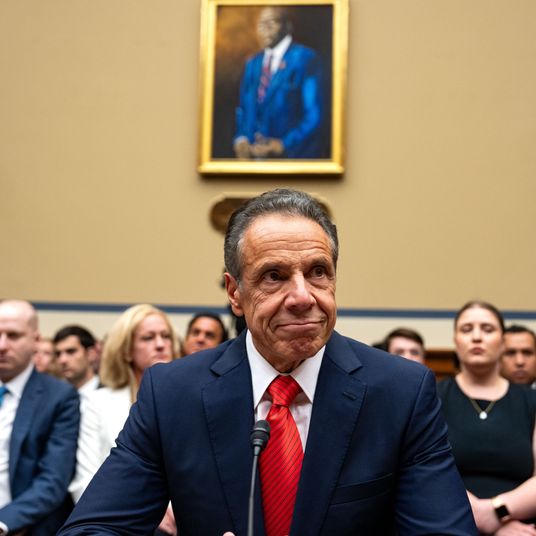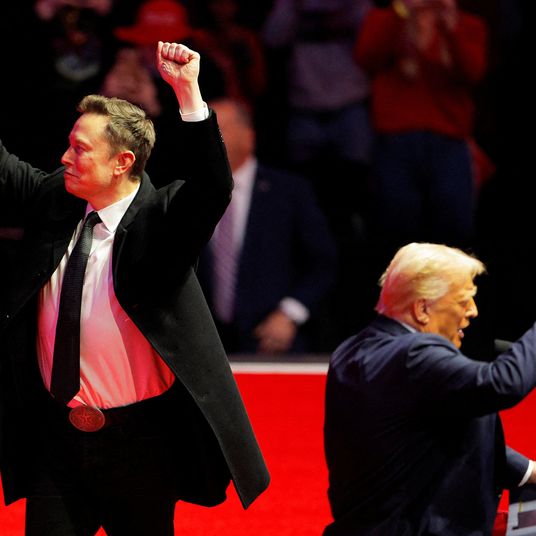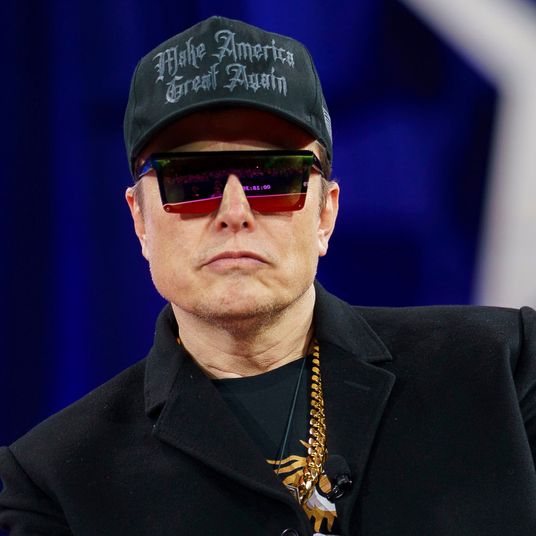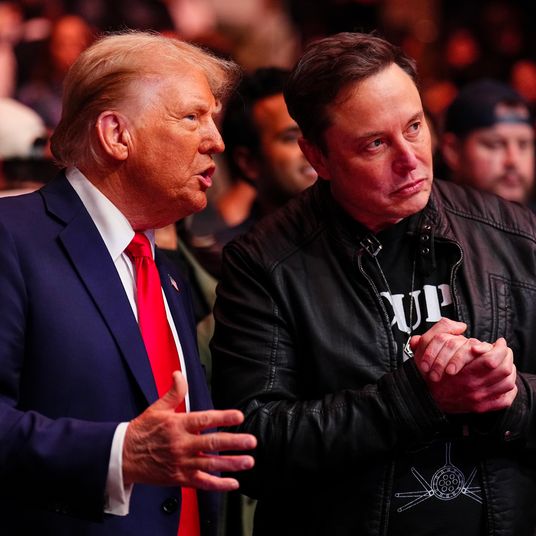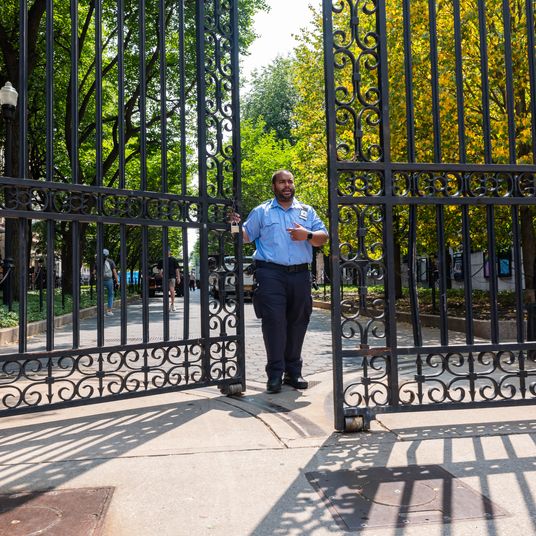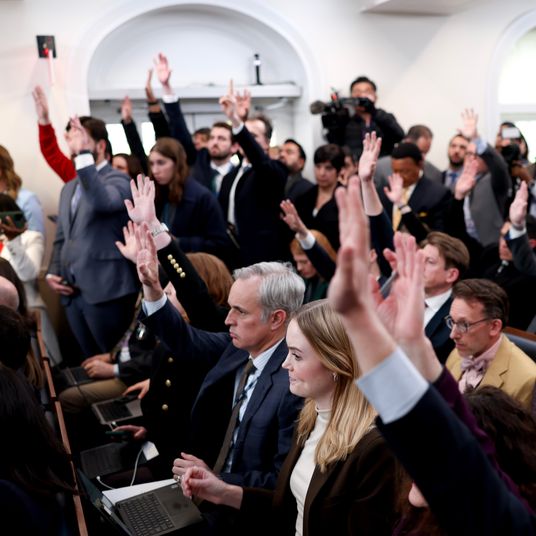
Administer truth serum to any rock-ribbed True Conservative, and odds are you’ll find a deep (if often suppressed) desire to take a sledgehammer to the Medicare and Medicaid programs. Both were perennial targets of the great austerity-budget advocate Paul Ryan during his years as House Budget Committee chairman and then as House Speaker (not to mention 2012 vice-presidential nominee). Much more recently, the Heritage Foundation’s Project 2025 Mandate for Leadership report (you know, the one Trump claimed he knew nothing about but that clearly shaped most of his first steps as the 47th president) referred to Medicare and Medicaid as “the principal drivers of our $31 trillion national debt.” Medicare, of course, which provides health insurance and other critical benefits to the nation’s seniors, is legendarily a political third rail. So Republican politicians, sometimes with fingers crossed behind their backs, frequently promise not to cut Medicare or its cash-benefit counterpart, Social Security. You can see that promise in Agenda 47, Donald Trump’s 2024 campaign platform.
Precisely because Medicare is so popular, Republicans who are seeking money to pay for tax cuts or to reduce the size of government often focus their wrath on Medicaid, the federal-state program that mostly provides health insurance to low-income people. That’s what Republicans tried to do in their narrowly unsuccessful Obamacare repeal legislation the last time Trump was president, and this week, House Speaker Mike Johnson will urge Republicans to pass a budget blueprint guaranteeing another assault on Medicaid.
But Medicaid is very important to those who use it (eligibility varies to a considerable extent by state). As health-policy expert Jonathan Cohn points out, that’s a lot of people; at least 70 million Americans are on Medicaid:
GOP proposals [to cut Medicaid in 2017] provoked an outcry from people who stood to lose coverage ― not just working adults, but also senior citizens and people with disabilities, many of whom rely on Medicaid to pay for home care or nursing homes.
That coalition today is, if anything, bigger than it was back then. Something like two-thirds of Americans have been on Medicaid or have a family member who has been, according to surveys from the research organization KFF. It has also become a financial lifeline for the health care industry, especially hospitals that serve large numbers of low-income residents.
So now, Republicans are using their traditional tactic of not acknowledging that Medicaid cuts are Medicaid cuts. Even as his congressional allies debated exactly how much money to wring from the program to help pay for Trump’s border-security and tax-cut demands, Trump himself told Sean Hannity in an interview, “Medicare, Medicaid — none of that stuff is going to be touched.” Later, the White House “clarified” his remarks by saying the administration sought to protect Medicaid “while slashing the waste, fraud and abuse within the program.” Following suit, Johnson blandly asserted that the $800 billion or so in Medicaid savings he’s expecting the relevant House committee to produce will come out of “waste, fraud, and abuse.”
Some House Republicans are calling b.s. on that chestnut, as Politico reports, quoting Texas congressman Tony Gonzales:
“There’s no doubt that there’s waste, fraud and abuse in every program in the government, including Medicaid — but at what point do you stop cutting into the fat and start cutting into the bone? You can’t pull the rug out from millions of people.”
Gonzales, who has a large constituency enrolled in the program, already co-authored a letter with seven other House Republicans representing large Hispanic populations asking Johnson to rethink where the GOP is headed on Medicaid. And he said he plans to personally confront the speaker about the issue at a scheduled meeting tonight.
Johnson can only afford to lose one House Republican vote and still pass his budget blueprint. While these Medicaid protectors in the House are generally described as “moderates,” a warning against deep Medicaid cuts was also issued by MAGA senator Josh Hawley.
What stratagems might Johnson & Co. adopt to cut Medicaid spending without directly cutting Medicaid benefits? The most obvious is a Medicaid “work requirement,” which some states adopted during the first Trump administration without significant results, other than burdening people already working (a big majority of those on Medicaid) with documentation requirements and also afflicting those with caregiving responsibilities. But it’s entirely possible Republicans will redeploy past proposals that don’t cut out “waste” but instead shift cost responsibilities to the states, such as the per capita cap on federal Medicaid payments that was part of the 2017 Obamacare-repeal legislation, or a Medicaid “block grant” designed as a way station to a complete state takeover.
So we could see a Republican revolt against major Medicaid cuts now when they are just in the “blueprint” phase (legislation implementing them will come in the spring or summer), or a battle that flares up before they are final. One thing that’s clear is that Medicaid is tangible and affects an awful lot of people and their representatives in Washington. There’s nothing abstract about fighting Medicaid cuts, particularly when they can accurately be described as being executed to pay for tax cuts for Trump’s billionaire friends. So it very much could become and remain a flash point.
More on Politics
- Cuomo Dominates More Polls As He Preps to Join Mayor Race
- Don’t Fall for Trump and Musk’s Chaos
- Musk Doubles Down on Mass Email Threat to Federal Workers







